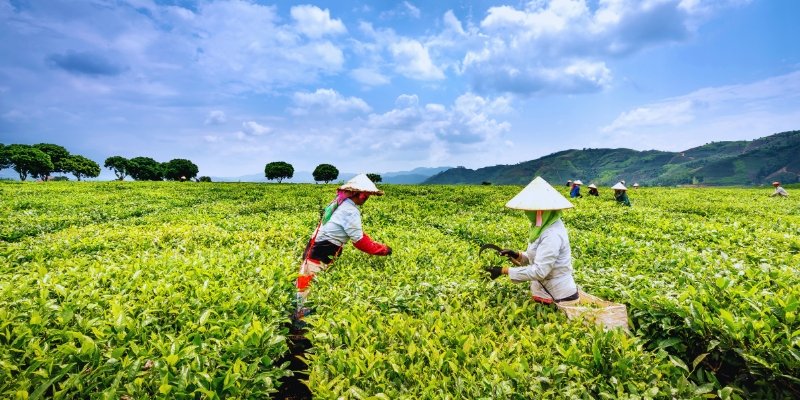Understanding the Agricultural Landscape

Singapore’s agricultural sector is unique due to its geographical constraints. The country imports over 90% of its food, which creates an opportunity for local farmers to fill the gap by producing fresh and sustainable food. Urban farming, hydroponics, and vertical farming are gaining traction as innovative solutions to maximize limited space and resources. The Singapore Food Agency (SFA) actively encourages local food production to enhance food security, making it a promising time to enter the agricultural market.
In addition to traditional farming, the rise of technology-driven farming methods, such as aquaponics and smart farming, allows entrepreneurs to optimize production while minimizing resource usage. These methods not only cater to local demand but also position Singapore as a leader in agri-tech innovations in the region.
Regulatory Requirements and Licensing

Starting an agricultural business in Singapore requires navigating various regulatory frameworks. The first step is to secure the necessary licenses from the SFA, which involves submitting a detailed business proposal that outlines your farming methods, intended crops, and operational plans. Applicants must also demonstrate that they have access to suitable land, which can be leased from the government or private entities.
Additionally, businesses must comply with environmental regulations, including waste management and sustainable practices. Entrepreneurs are encouraged to engage with the SFA early in the planning process to ensure compliance with all legal requirements and to receive guidance on best practices in farming.
Identifying Market Opportunities

Before launching an agricultural venture, it is crucial to conduct thorough market research. Understanding consumer preferences and market trends can significantly influence the success of your business. In Singapore, there is a growing demand for organic produce, locally sourced foods, and specialty crops. Establishing partnerships with local restaurants, supermarkets, and online platforms can enhance market access and visibility.
Furthermore, participating in farmers’ markets and community-supported agriculture (CSA) programs can help entrepreneurs build a loyal customer base. As consumers become more health-conscious and environmentally aware, offering organic and sustainably grown products can differentiate your business in a competitive market.
Overcoming Challenges and Embracing Innovation

While the prospects for agricultural businesses in Singapore are promising, entrepreneurs must also be prepared to face challenges. Limited land availability, high operational costs, and climatic conditions can pose significant hurdles. However, leveraging technology can mitigate some of these challenges. Innovations such as precision agriculture, automated systems, and data analytics can enhance productivity and reduce costs.
Additionally, networking with other farmers and industry experts can provide valuable insights and support. Joining agricultural associations or attending workshops organized by the SFA can help entrepreneurs stay informed about the latest trends and technologies in the sector.
Conclusion
Starting an agricultural business in Singapore presents a unique opportunity for entrepreneurs to contribute to the nation’s food security while tapping into a growing market. By understanding the agricultural landscape, navigating regulatory requirements, identifying market opportunities, and embracing innovation, aspiring farmers can establish successful ventures. As Singapore continues to invest in sustainable food production, the future of agriculture in this city-state looks bright, making it an exciting time to embark on this entrepreneurial journey.
By leveraging technology and community engagement, new agricultural businesses can thrive in Singapore’s dynamic market, paving the way for a more sustainable and food-secure future.






